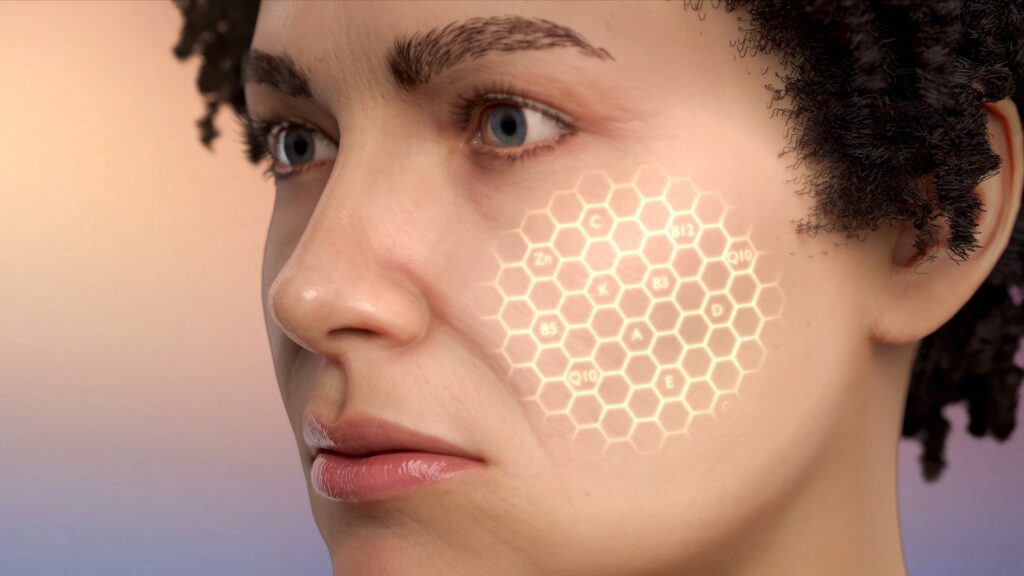Sunscreen is Necessary for Everyone – Even When They Don’t Think So

If you ask any skin care specialist or dermatologist, they will all agree that sunscreen is arguably the most necessary skincare product. Sun exposure is increasingly dangerous, poses risks to skin health, and can cause irreversible skin damage and cancer. The number one cause of melanoma is exposure to UV light. Ultraviolet rays (UV rays) are invisible to humans but remain a concerning issue that affects everyone. Nobody is exempt from the sun’s damaging rays. So, sunscreen is necessary for everyone – even when they may disagree.
The atmosphere absorbs the shorter UV rays, so when the UVA and UVB rays penetrate the skin, they can cause damage to deeper layers. Inflammation and damage from sunburn not only cause more severe damage but increases the risk of changes in the skin’s cellular level and can cause skin cancer.
Choosing The Best Skincare Necessity – Sunscreen
There are many types of sunscreens and varying active ingredients as well. The two camps of sunscreen products are mineral and chemical. The two approaches use different mechanisms to filter UV rays and protect the skin from getting damaged. It is critical that people think about and diligently apply sunscreen every day, even those who think they do not need to.
Mineral Sunscreens to Protect the Skin
One can think of mineral sunscreens as bouncers for your skin. The mineral ingredients physically sit on top of the skin’s surface and deflect both UVA and IVB rays off the skin’s surface. It is like mirrors that do not allow penetration and act as an effective physical barrier.
The Upside of Mineral Sunscreen
One of the benefits of mineral sunscreen is that it doesn’t need time to be effective. Since it sits on the skin’s surface once applied, it is ready to fight off dangerous UV rays immediately. Additionally, mineral sunscreens will not clog pores.
The Downside of Mineral Sunscreen
Mineral sunscreens tend to have a white cast on them, which is difficult to cover up, and especially those with darker skin do not like the way the cream sits on top of the skin and is visible. Examples are zinc, which comes in fun colors and is perfect for a beach day, but wearing it every morning to go to work is not an option.
The protection mineral sunscreens offer can also be vulnerable to being washed away by sweat or rubbed away. So, mineral sunscreens require more frequent re-application to maintain effectiveness when moisture is involved.
It is best to avoid powder or spray versions of mineral sunscreens since the active ingredients of zinc and titanium dioxide should not be inhaled.
Chemical Sunscreens as Alternative Protectant for Skin
Chemical sunscreens absorb into the skin and protect the deeper layers. Chemical sunscreens work by absorbing the dangerous UV rays, changing them into heat, and then releasing the heat from the skin. However, as is evident, once the rays reach the deeper layers of the skin, some UV rays affect the outer layers of the skin.
The Upside of Chemical Sunscreens
When it comes to invisibility and ease of application, chemical sunscreens win. The products can be applied in smaller amounts, go on thinner, and are easier to use under other skincare products, like makeup. The ability to wear chemical sunscreens under other products is one of the strongest draws to choosing this option.
The Downside of Chemical Sunscreen
Chemical sunscreens take some time to absorb completely, so planning is necessary, and it must be a more thoughtful approach. Time spent in direct sunlight requires frequent re-application. Those with sensitive skin, rosacea, and hyperpigmentation will likely have reactions to chemical sunscreens. Due to the level at which chemical sunscreens work, clogged pores can create acne breakouts, and some active ingredients are harsh.
Regarding sunscreen and skincare, there is no argument over their necessity in protecting the skin from harsh UV rays. The division over which is better continues to be debated as chemical sunscreens are continually under investigation to ensure using them is safe. Mineral sunscreens are considered safe and effective since they do not absorb into the skin. Choosing a lotion-based sunscreen instead of a spray can be a healthier choice since inhalation is not a risk. Do not solely rely on the SPF number of sunscreen. A proper application of a lower SPF is more effective than an all-trusting one-time application of an “all day” high SPF sunscreen. Overall, any sunscreen is better than none, and it is not worth skipping it, regardless of whether you think you need it or not.
If you experience reactions to sunscreen or want to seek professional advice from a licensed dermatologist, contact Buckhead Dermatology for a consultation. Dr. Sherrie Straughn specializes in darker skin tones and is experienced in helping all her clients find daily sunscreen that works well in their skincare routines. Dr. Straughn’s office also assists clients with skin cancer screenings, typically covered by health insurance and should be part of an annual preventative maintenance program.
